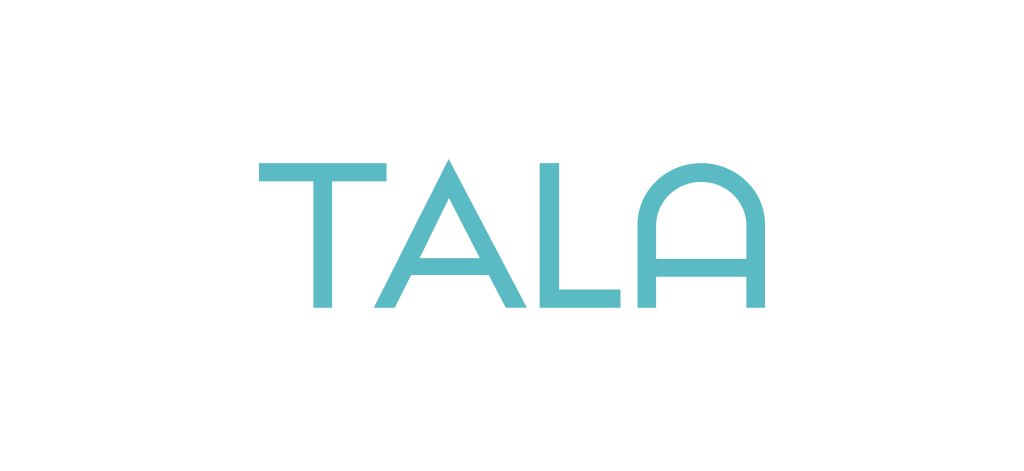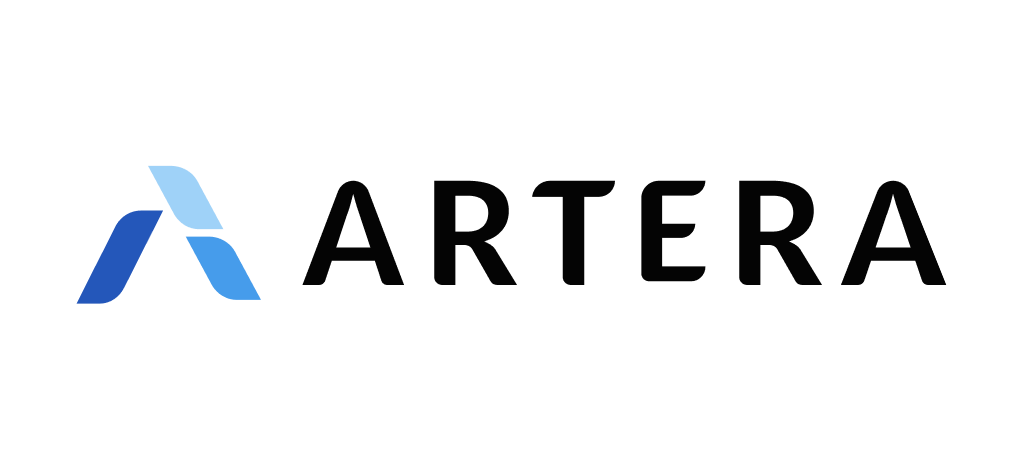Accelerating ML Experimentation with Metaflow







Metaflow allowed Thoughtworks to scale workflows from local development to cloud training seamlessly.
Automated management and cloud integration reduced workflow overhead for data scientists.
Metaflow’s rapid iteration capabilities accelerated experimentation and model refinement cycles.
In a case study authored by David Tan, Lead ML Engineer at Thoughtworks, and published on September 5th, 2022, the company shared its experience adopting Metaflow to enhance its machine learning operations (MLOps). The case study discusses the company’s journey to overcome several bottlenecks in their ML experimentation workflows, detailing how Metaflow addressed key pain points and helped accelerate experimentation and deployment processes.
Background on Thoughtworks and Challenges Faced
Thoughtworks is a global technology consultancy that provides custom software solutions for clients across various industries. As the company began to expand its use of machine learning to deliver insights and build smarter software, it encountered significant challenges in managing MLOps. The primary issues stemmed from difficulties in scaling workflows, repetitive manual setup tasks, and slow iteration cycles.
Data scientists often faced bottlenecks when trying to transition from local environments to the cloud for large-scale model training. The manual processes required to push code changes for every iteration added friction to the workflow, delaying experimentation. These issues limited Thoughtworks' ability to quickly adapt models based on new data, making it harder for the teams to achieve faster cycles of model refinement and deployment.
Why Metaflow Was Chosen
The choice to adopt Metaflow was driven by the need for a tool that could seamlessly integrate local development with cloud-based scalability. Originally developed at Netflix, Metaflow is an open-source framework designed for building and managing real-life machine learning projects. Its human-centric design and ability to automate various aspects of workflow management stood out as ideal for Thoughtworks' requirements.
According to David Tan, Metaflow’s capability to allow seamless transitions from local to cloud environments was a critical factor in the decision. It enabled Thoughtworks' data science teams to iterate rapidly without having to manually intervene in scaling efforts, as Metaflow’s automated handling of cloud resources and data management tasks eliminated the need for frequent code adjustments during experimentation.
Key Benefits of Implementing Metaflow
The case study highlighted several significant improvements resulting from Metaflow's implementation:
Enhanced Scalability
Metaflow’s cloud-native design allowed Thoughtworks to scale workflows effortlessly, shifting from local development to large-scale cloud-based training without additional setup. This capability meant that the data science teams could handle larger datasets and more complex models, making their processes future-proof as data volumes continued to grow.
Improved Workflow Efficiency
Automation played a pivotal role in streamlining the MLOps process. Metaflow’s automated tracking of experiment versions and lineage enabled Thoughtworks to maintain a clean, consistent workflow. This significantly reduced the time spent on setting up or managing infrastructure, allowing data scientists to concentrate on improving model performance and experimenting with different approaches.
Increased Experimentation Agility
The ability to rapidly iterate and test models in both local and cloud environments provided greater flexibility. This agility was further enhanced by Metaflow's built-in versioning and experiment tracking capabilities, which allowed teams to quickly revert to previous states or configurations. As a result, Thoughtworks experienced faster cycles of experimentation and model refinement, leading to more rapid delivery of insights and software improvements.
The Role of Metaflow in Achieving Workflow Consistency
The case study also elaborated on how Metaflow’s built-in version control and data tracking ensured that workflows remained consistent across multiple iterations and team members. By providing a structured approach to tracking changes in models, data, and code, Metaflow facilitated reproducibility. This level of consistency helped the teams to maintain high-quality standards, even as the number of experiments and scale of data increased.
David Tan’s analysis in the case study emphasized the importance of having a robust MLOps framework to support agile machine learning development. Thoughtworks’ experience demonstrated that automating workflows and integrating scalable infrastructure can make a significant difference in enabling data scientists to focus on higher-value tasks. The company plans to continue expanding its use of Metaflow, leveraging the platform’s features for more advanced use cases, such as model monitoring and production deployment.
Thoughtworks’ case study on Metaflow showcases the powerful impact of adopting a tool that addresses both the technical and operational challenges of modern MLOps. By enabling smooth transitions between local experimentation and cloud-based scaling, Metaflow not only improved workflow efficiency but also provided the scalability needed to handle more complex ML projects. The case study stands as a testament to the potential of streamlining MLOps for faster, more agile machine learning development.
For more details on the original case study, please read it on the Thoughtworks blog: www.thoughtworks.com/en-es/insights/blog/machine-learning-and-ai/accelerating-experimentation-with-machine-learning-operations).
Start building today
Join our office hours for a live demo! Whether you're curious about Outerbounds or have specific questions - nothing is off limits.












